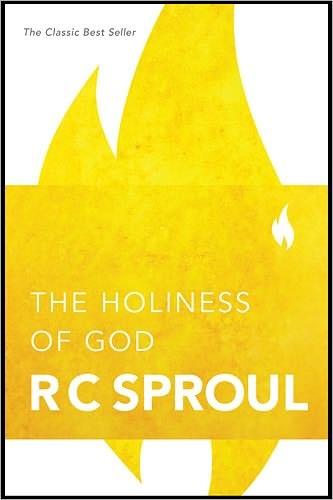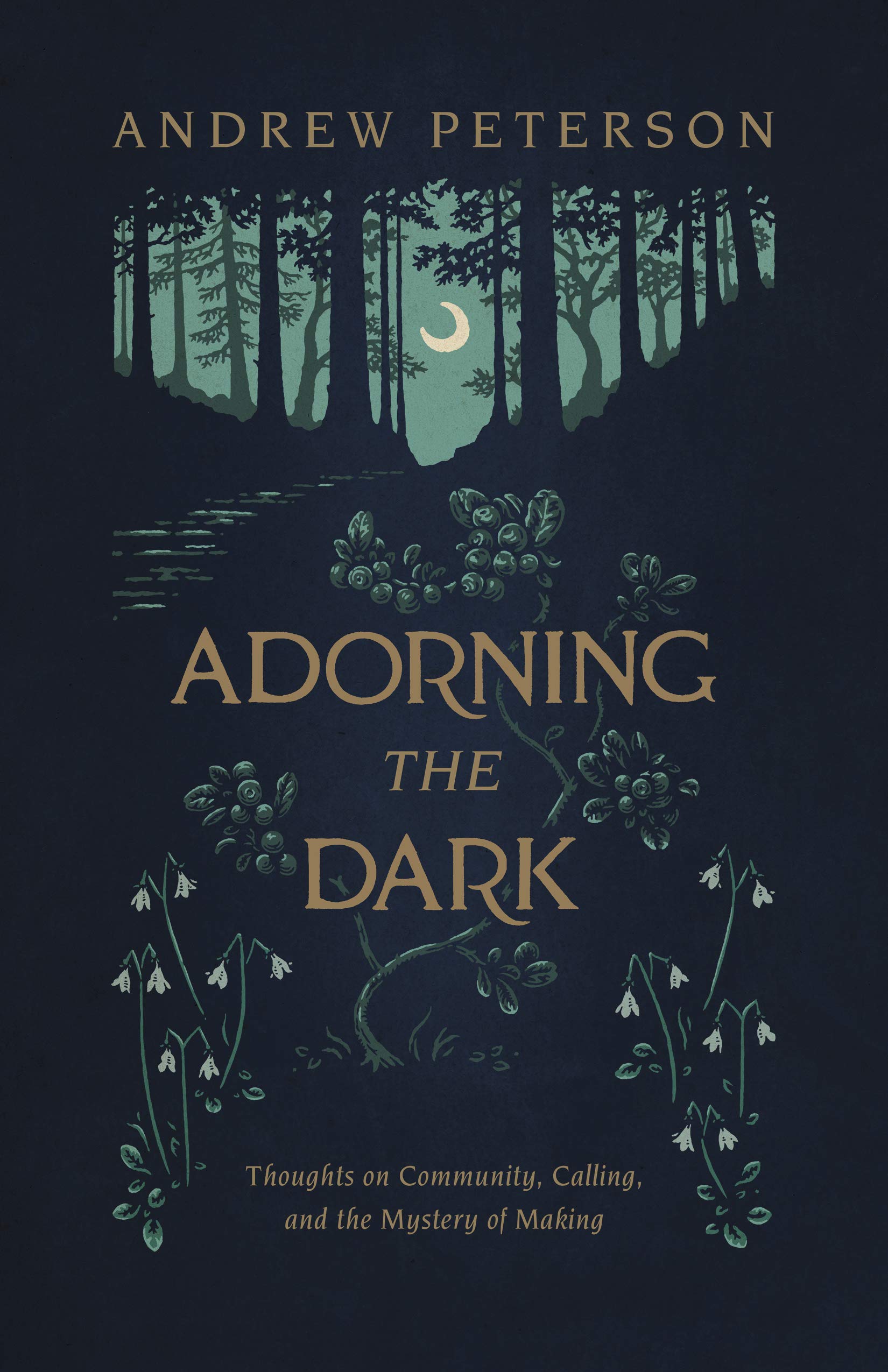The Holiness of God by Dr. R.C. Sproul is a look at one of the most fundamental characteristics of God…His holiness. God is holy and there is no one or no thing before Him. Sproul does an outstanding job in this book of explaining his own understanding of holiness as well as that revealed through the very truth of God’s Word.
I highlighted several things while reading and have posted them below. I know this book will become one that I will pick up and reread often to remind myself of these powerful truths of His holiness!
- There I sank to my knees. I had reached my destination. I was ready to meet the source of the summons that had disturbed my rest.
- At once I was comfortable. I wanted to linger there. To say nothing. To do nothing. Simply to bask in the presence of God.
- The act of creation was the first event in history.
- Some modern theorists believe that the world was created by nothing. Note the difference between saying that the world was created from nothing and saying that the universe was created by nothing.
- God’s kingdom will never come where His name is not considered holy. His will is not done on earth as it is in heaven if His name is desecrated here. In heaven the name of God is holy. It is breathed by angels in a sacred hush. Heaven is a place where reverence for God is total. It is foolish to look for the kingdom anywhere God is not revered.
- “And they were calling to one another: `Holy, holy, holy is the LORD Almighty; the whole earth is full of his glory”‘ (Isa. 6:3).
- To mention something three times in succession is to elevate it to the superlative degree, to attach to it emphasis of su- perimportance.
- Only once in sacred Scripture is an attribute of God elevated to the third degree. Only once is a characteristic of God mentioned three times in succession. The Bible says that God is holy, holy, holy. Not that He is merely holy, or even holy, holy. He is holy, holy, holy. The Bible never says that God is love, love, love; or mercy, mercy, mercy; or wrath, wrath, wrath; or justice, justice, justice. It does say that He is holy, holy, holy, that the whole earth is full of His glory.
- The tongue is a restless evil, full of deadly poison.
- There is a pattern here, a pattern repeated in history. God appears, people quake in terror, God forgives and heals, God sends. From brokenness to mission is the human pattern.
- The primary meaning of holy is “separate.” It comes from an ancient word that means “to cut,” or “to separate.”
- The history of the life of Christ is a history of multitudes of people pushing through crowds just to get close to Him.
- Have you ever experienced the trauma of God’s holiness?
- Let God be God. MARTIN LUTHER
- God does not lower His own standards to accommodate us. He remains altogether holy, altogether righteous, and altogether just.
- Built into our concept of justice is the idea that the punishment must fit the crime.
- We do not understand what it means to be holy. We do not understand what justice is. We do not understand what sin is. We do not understand what grace is.
- The Old Testament record is chiefly a record of the grace of God.
- The Cross was at once the most horrible and the most beautiful example of God’s wrath. It was the most just and the most gracious act in history. God would have been more than unjust, He would have been diabolical to punish Jesus if Jesus had not first willingly taken on Himself the sins of the world. Once Christ had done that, once He volunteered to be the Lamb of God, laden with our sin, then He became the most grotesque and vile thing on this planet. With the concentrated load of sin He carried, He became utterly repugnant to the Father. God poured out His wrath on this obscene thing. God made Christ accursed for the sin He bore. Herein was God’s holy justice perfectly manifest. Yet it was done for us. He took what justice demanded from us. This “for us” aspect of the Cross is what displays the majesty of its grace. At the same time justice and grace, wrath and mercy. It is too astonishing to fathom.
- The struggle we have with a holy God is rooted in the conflict between God’s righteousness and our unrighteousness.
- Habakkuk’s battle with God ended in a bold statement of faith: “Even if – happens, yet I will -e-joice in the Lord.” What are the “even if’s” in your life? Are you willing to surrender them to the Lord?
- To be conformed to Jesus, we must first begin to think as Jesus did. We need the “mind of Christ.” We need to value the things He values and despise the things He despises. We need to have the same priorities He has. We need to consider weighty the things that He considers weighty.
- The key to spiritual growth is in-depth Christian education that require. a serious level of sacrifice.
- To yield the fruit of the Spirit, we must practice the fruit of the Spirit.
- There is nothing that God does not know or that He could possibly learn.
- Our contact with the holy is not merely an encounter with a different dimension of reality; it is the meeting with Absolute Reality.
- In sacred space and sacred time Christians find the presence of the holy. The bars that seek to shut out the transcendent are shattered, and the present time becomes defined by the intrusion of the holy. When we erect barriers to these intrusions, dikes to keep them from flooding our souls, we exchange the holy for the profane and rob both God of His glory and ourselves of His grace. Soli Deo gloria.
Categories:


